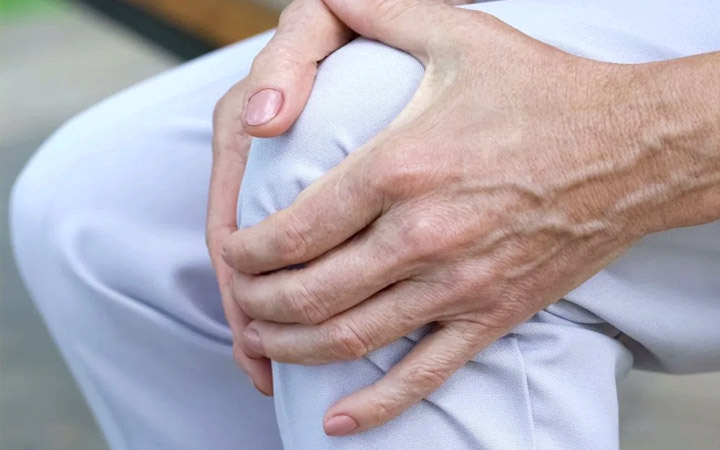

Flashbacks can seem very real, and some people describe it as a picture or movie that they can see clearly in their minds. Some people with PTSD will also have “flashbacks”, which are very vivid images of the trauma they experienced. Some people with this symptom might speak and act as if they are physically in the traumatic situation, whereas others might appear to simply stare off into space for a period of time. Acting as if the trauma were happening again (“reliving the trauma”): This is also called “dissociation”, where an individual loses touch with the present and feels as if they are living through the trauma again.Some people with PTSD who were assaulted will have nightmares of being chased, and the person chasing them in the dream might not be the person who assaulted them. For example, if you were in a car accident, you might have frequent nightmares about being in the accident yourself, or about other people being involved in accidents. Nightmares about the trauma: People with PTSD will often have very vivid nightmares of either the trauma or themes surrounding the trauma.Or, if you were in a car accident, you might have strong memories about the sound of the crash or a vivid picture of blood all over yourself or someone else involved.

For example, if you were physically attacked, you might keep remembering your attacker’s face. Upsetting, recurring, unwanted memories about the event: This involves having vivid images about the trauma come up again and again even when you do not want to have them.Intrusive symptoms (at least 1 symptom for diagnosis) In order to receive a diagnosis of PTSD, you need to be currently experiencing symptoms from each of the following categories: 1. For example, you are more likely to develop PTSD if the trauma you experienced was a rape/sexual assault, combat exposure or childhood neglect/physical abuse Certain traumas are more likely to lead to PTSD than others.The chance of developing PTSD goes up if the trauma was very severe, chronic (that is, lasted a long time), or you were physically close to the event, that is, if the trauma happened right next to you or in front of you.Several studies have shown that a majority of people will likely experience at least 1 traumatic event in their lives but many of them will NOT develop PTSD.police officers repeatedly exposed to violent murder victims) Experiencing repeated or extreme exposure to aversive details of the event (e.g.Learning that it occurred to a close family member or close friend (if actual or threatened death must have been violent or accidental: e.g.Witnessing the event in person as it happens to others (e.g.extensive hospitalizations, severe burns) witnessing a murder, an earthquake, a serious car accident, war)


 0 kommentar(er)
0 kommentar(er)
